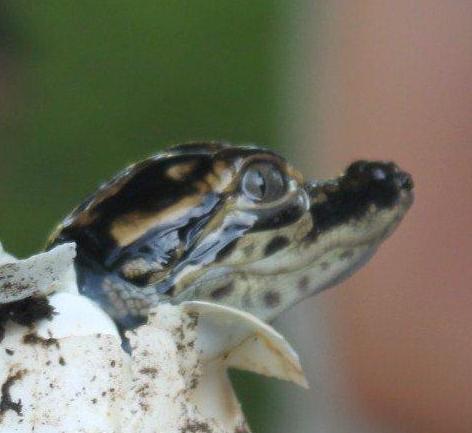Program - Aquatic Invertebrate Program
Description - In this program students will start in the classroom using magnifying glasses and microscopes to examine aquatic invertebrates found in pond water. Students will then be allowed to use nets to collect organisms from an aquatic environment and observe their behavior.
Time required - Approximately 2 - 3 hours
Size requirements - Not more then 30 students (2 students per microscope net)
SCHOOL GROUP FEES
Guided Nature Hikes (Creekfield Lake and 40 Acre Lake)
- 1 - 20 Students - $40.00
- 21 - 40 Students - $60.00
- 41 - 60 Students - $80.00
- 61 - 80 Students - $100.00
- 81-100 Students - $120.00
Classroom Programs
Unfortunately all classroom programs have been suspended indefinitely.
- Reptile Program
- Mammal Program
- Bird Program
- Aquatic Invertebrate Program (available for grades 3 - 5)
No charge for Nature Center
Reservations must be made in advance and are subject to availability
The following Texas Essential Knowledge and Skills (TEKS) for Grade 4 Science will be addressed with this program
§112.6. Science, Grade 4
(a) Introduction.
(1) Scientific processes. The student conducts field and laboratory investigations following home and school safety procedures and environmentally appropriate and ethical practices. The student is expected to:
(A) demonstrate safe practices during field and laboratory investigations;
(B) make wise choices in the use and conservation of resources and the disposal or recycling of materials
(3) Students learn the roles of living and nonliving components of simple systems and investigate differences between learned characteristics and inherited traits. They learn that adaptations of organisms that lived in the past may have increased some species' ability to survive.
(5) Science concepts. The student knows that complex systems may not work if some parts are removed. The student is expected to:
(A) identify and describe the roles of some organisms in living systems such as plants in a schoolyard, and parts in nonliving systems such as a light bulb in a circuit; and
(B) predict and draw conclusions about what happens when part of a system is removed.
(8) Science concepts. The student knows that adaptations may increase the survival of members of a species. The student is expected to:
(A) identify characteristics that allow members within a species to survive and reproduce;
(B) compare adaptive characteristics of various species; and
(C) identify the kinds of species that lived in the past and compare them to existing species.
(9) Science concepts. The student knows that many likenesses between offspring and parents are inherited or learned. The student is expected to:
(A) distinguish between inherited traits and learned characteristics; and
(B) identify and provide examples of inherited traits and learned characteristics.




